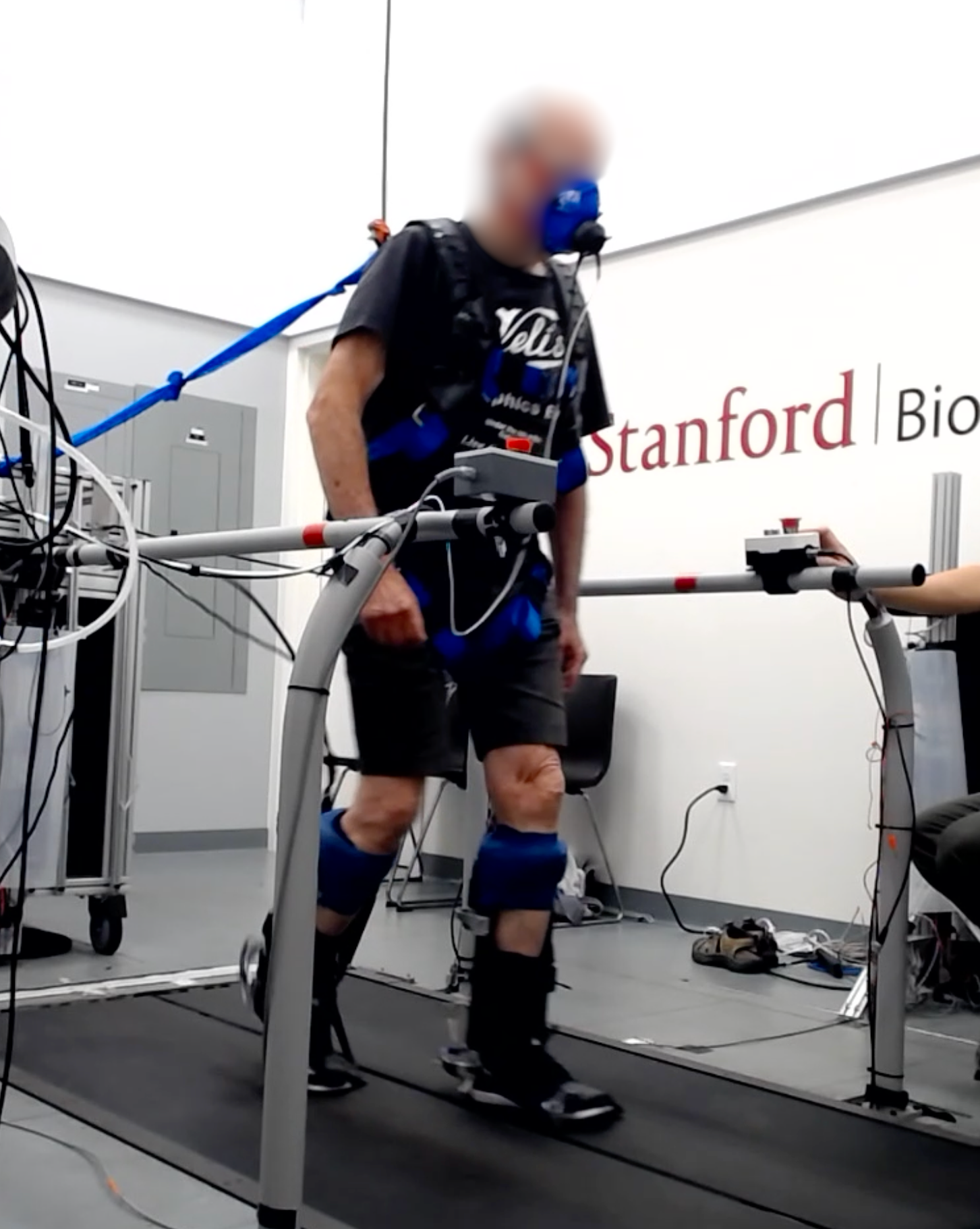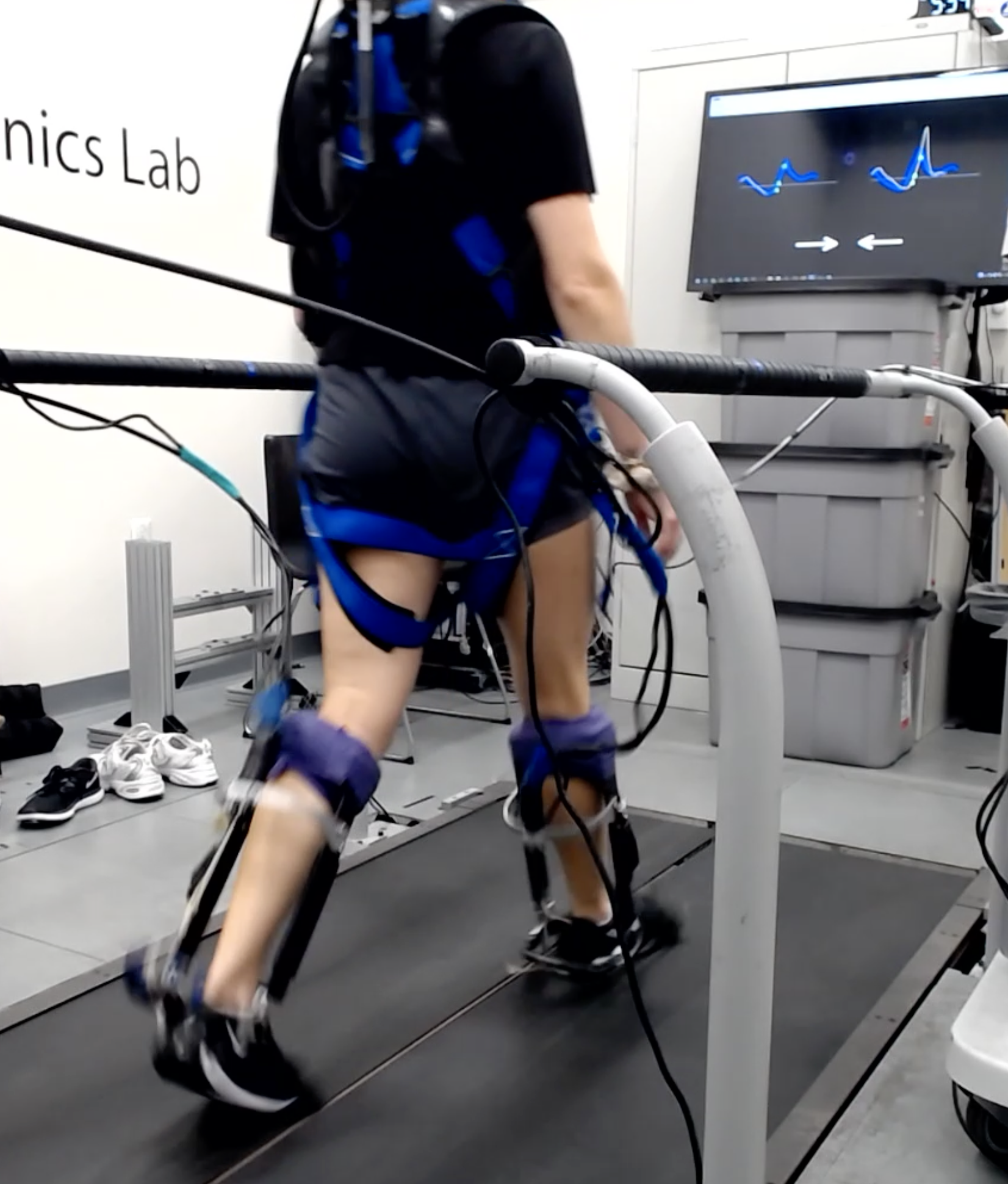My research and educational experiences have reflected a human-centered commitment to addressing mobility challenges. Below is an overview of the key experiences that have shaped, and been shaped by, that mission.
-
2014-2016
Introduction to Assistive Technology
Independent Research • Thomas Jefferson High School for Science and Technology
I first witnessed the impact of assistive technologies seeing BrainGate's research restore upper-limb movement for an individual with tetraplegia. Inspired by this work, I began an independent research project to better understand brain-computer interfacing: mapping brainwaves from a commercial EEG to natural language commands for a custom humanoid robot and miniature hybrid wheelchair. Read More
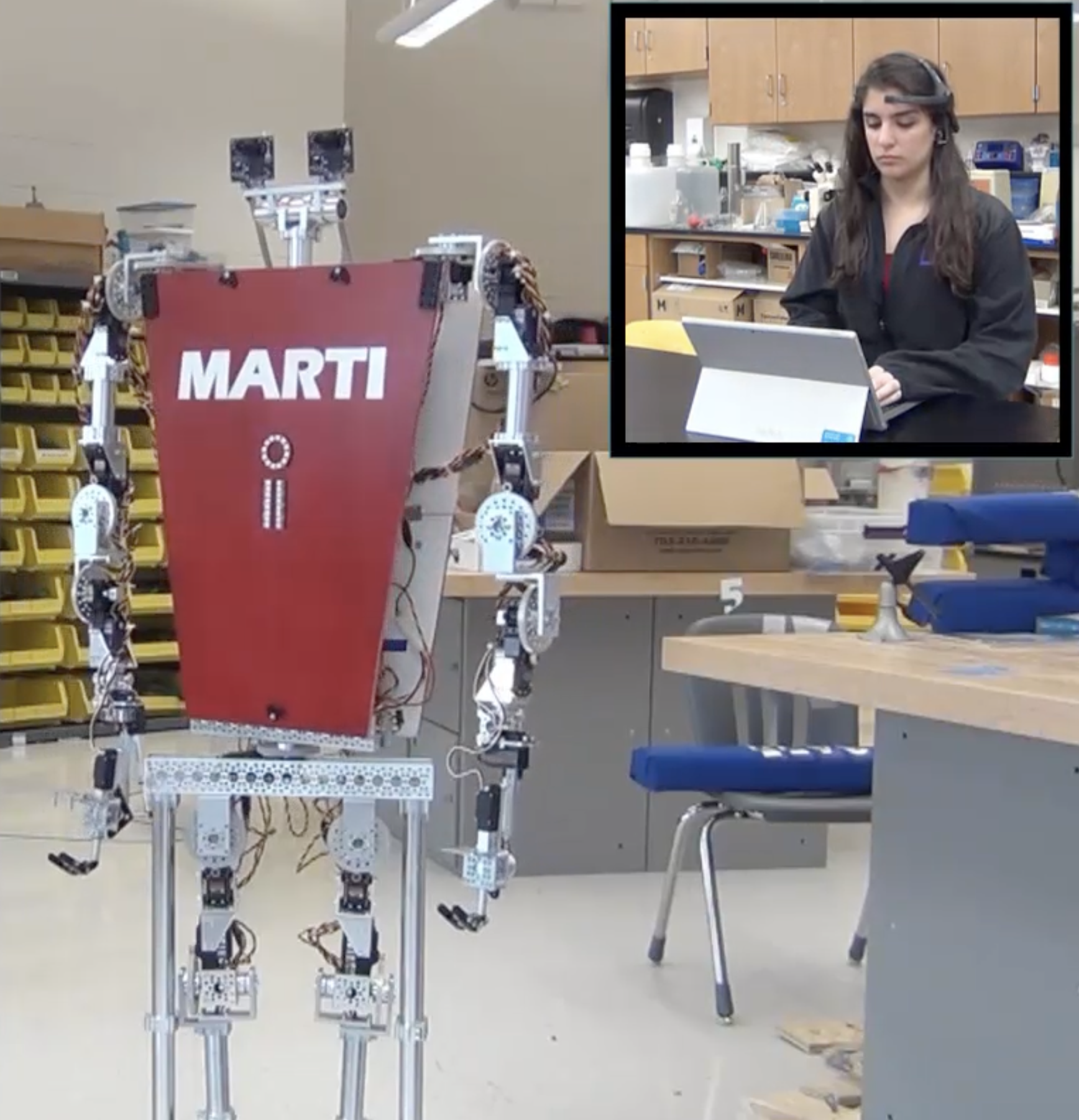
-
2016-2020
Exploring Human-Centered Design, Neurotechnology, and the Ethics of Assistance
BS • Mechanical Engineering • Olin College of Engineering
Learning to Design With, Not For
Immersion in Olin's project-based curriculum emphasized needs-finding and co-design with community stakeholders, instilling a foundation for ethically-grounded assistive technology development.
Neurotechnology for Human-Machine Interaction
I helped launch the Human Augmentation Laboratory and spent four years there conducting neuroscience research on attention-responsive machine interfaces.
Research Advisor: Samantha W. Michalka
Psychology of the Self and Disability
Engaging in personality psychology research, I used narrative analysis and qualitative coding to examine how self-concept evolves after the acquisition of physical disability.
Research Advisor: Jonathan M. Adler
Co-Designing Assistive Technologies
In an engineering capstone project with Toyota Motor North America, my team and I worked with power wheelchair users to enhance perception and user-chair interaction. We co-designed graphical user interfaces and prototyped mechanical, sensing, and control systems.
Embodiment and Disability Justice
While enrolled at Olin College, I cross-registered in Wellesley College's philosophy department, studying ethics and justice. In a humanities capstone project, I explored questions on how the body is conceptualized, perceived, and experienced through the lenses of art and disability justice. Read More
Capstone Advisors: Sara Hendren & Jonathan M. Adler
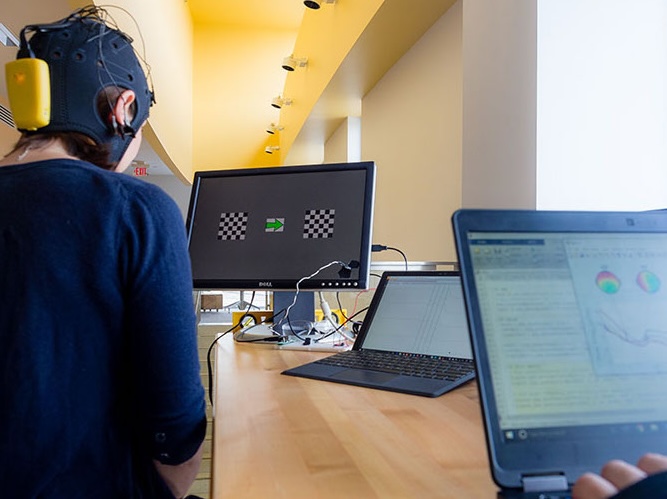
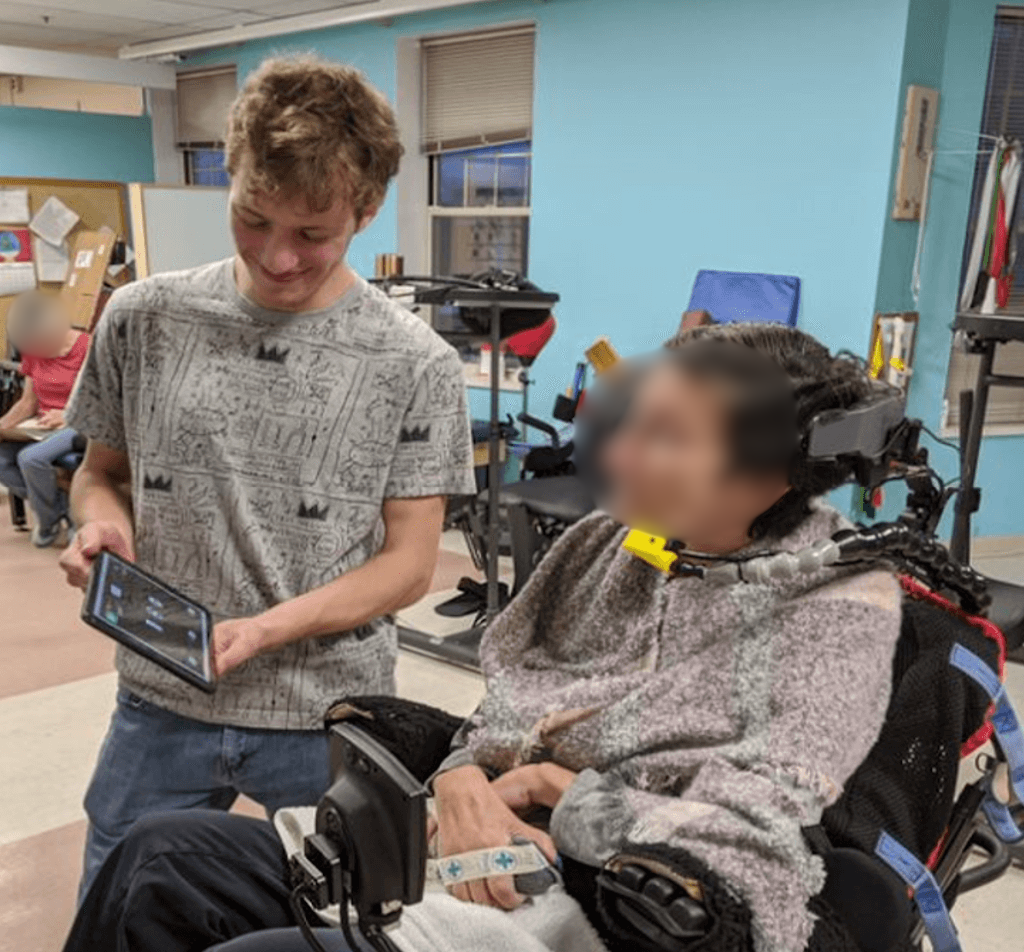
-
2020-2025
Deepening Human-Centered Mobility Research and Engineering Practice
PhD • Mechanical Engineering • Stanford University
Building Technical Expertise
In my doctoral studies, I advanced my technical understanding in biomechanics, robotics, and controls, while integrating new perspectives from human-computer interaction, health psychology, and neurotechnology.
Personalizing Exoskeleton Gait Assistance
My doctoral research expanded optimization and training paradigms for lower-limb exoskeletons assisting gait, including:
1. Multi-objective human-in-the-loop optimization to improve energy economy and walking speed for older adults.
2. Characterization of biomechanical gait changes during motor skill acquisition with exoskeleton assistance.
3. Personalized, biofeedback-based training to improve motor learning and perceptions of exoskeleton use.
Research Advisor: Steven H. Collins
Engineering Education and Mentorship
Teaching and coursework supported my exploration of pedagogical questions on how engineering education can center critical thinking, civic responsibility, and the broader aims of liberal education. As a PhD student, I served as a mentor to students at high school, undergraduate, and master's levels.
